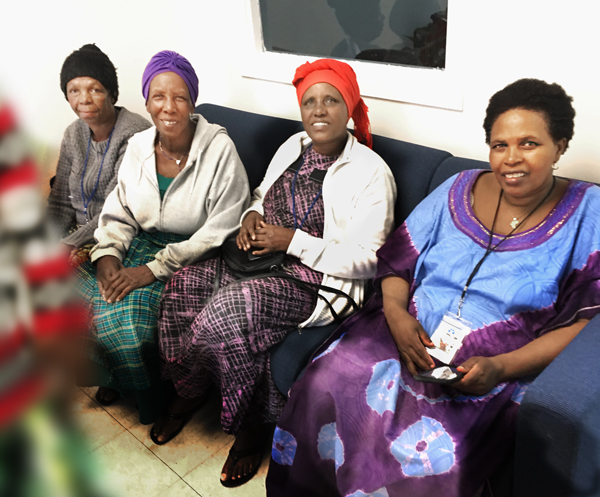 Nobody wants these women to speak the English language more than they do.They know better than anyone that their futures depend on achieving a certain mastery of the language we speak.
Nobody wants these women to speak the English language more than they do.They know better than anyone that their futures depend on achieving a certain mastery of the language we speak.
Some years ago there was an ad for volunteers to tutor immigrants studying English. I responded and found it to be a good fit.
Working with newcomers from a dozen countries started me wondering what it takes to learn a language from scratch. I’ve invested six years trying to answer that question.
Taking a introductory course in Spanish at a community college got me ready to study in Spain. (No reason this shouldn’t be fun, I told myself.) I’ve followed up with classes, evenings of conversation and reading lists ever since.
Unlike my clients I’m under no pressure to nail a language to land a job — and a good thing too. If you ask me a question in Spanish there’s still a better-than-even chance I’ll ask you to repeat it. Sometimes I nod and just pretend to understand.
It’s easy to forget that we learn our childhood language over decades. Our mistakes are seen as normal and even cute. But these Africa immigrants are confronted with an immediate, real-life crossword puzzle of nouns, verbs and adjectives wrapped in contradictions and exceptions. It’s more difficult than I had expected.
But I’m here to predict success for the four of them.
With patience and effort, they will undergo a change that borders on miraculous. Breakthroughs in language often occur at the moment a student is about to despair.
At some point intuitions, hunches and wild guesses prove to be correct more often than not. Patterns become familiar. Word associations kick in. Numbers can be understood. Nuance comes into play and jokes start to make sense.![]()

Randy Gaynes
Charming story, Pat. It’s always great to ‘give back’ and helping these women find success in the US is a wonderful endeavor to be a part of. A wonderful narrative to start the New Year!
Pat Shiplett
Thank you, Randy. It is nice to think that I connect with people.
Tom Figel
Very smart and sensitive, Pat. Thanks.
Pat Shiplett
I always appreciate your comments, Tom,
Patrick Koeller
Yo, Pat—
I find much relatable in this, of course.
Especially, “Sometimes I nod and just pretend to understand.”
A fine endeavor you’ve taken on. Pls give your ladies my best wishes for their success.
Pat Koeller
The Netherlands
Pat Shiplett
How are you Dutch studies going, Patrick? Are you using it on an everyday basis? Are there times when you mind just shuts down and refuses to cooperate? Happens to me in Spanish.
Jenny Hager
I know that these women will become fluent in their second language while I continue to struggle with the basics of my second language. And at the same time, they’ll be mastering a new culture, too!
Pat Shiplett
Jenny, if they can grasp the English language as well as you have your second language, which is Spanish, they’ll be employable and able to get ahead. By the way, I learn a lot listening to you comments during our Spanish discussions.